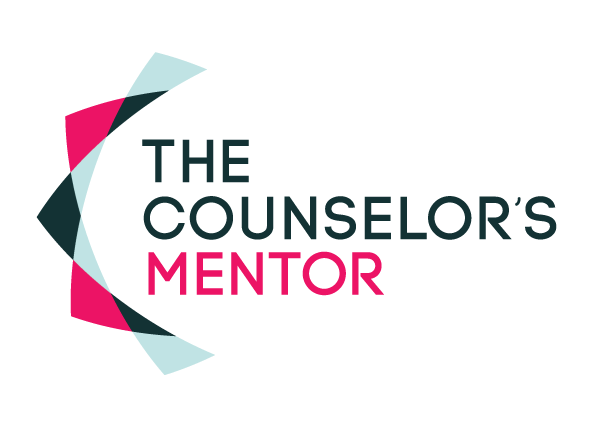This article goes out to mental health professionals. First off, congratulations. You have completed graduate studies and done what only 13% of individuals in the United States have- earned an advanced degree. When you look around at your colleagues and coworkers, this is likely the norm. But I want you to know, this is not ordinary. This is extraordinary.
As part of my supervision process, I have a “meet and greet” with LPC associate potentials. These meetups are for masters or doctorate level professionals who are seeking an LPC supervisor to begin their LPC internship. I see a common and general theme in LPC associates-to-be: discomfort, passivity, low confidence and a default to my authority- there’s a noticeable power differential.
To some extent their default to the LPC-S is appreciated as it shows some level of respect for the experience and credentials we have as LPC supervisors. However, I can’t deny that a large majority fall into the lack of confidence and personal self-doubt category.
On one hand, I could chalk this up to poor interview skills. BUT this isn’t even an interview! Yes, that’s right, LPC-associate-hopefuls are not being interviewed when looking for an LPC-S. On the contrary, the supervisors are being interviewed to see if they will be selected to become the future LPC- associates supervisor. Click here for a list of creative questions to ask your future LPC-S.
The tough part here is this is not only the case in LPC-S “meet and greets,” but also in multidisciplinary staffing’s, when consulting with other professionals, and when asked to speak at community presentations. It’s imposter syndrome.
If you don’t believe you fall into this category, congrats- keep on keepin’ on. BUT if this article is describing you, I want you to know you have a seat at the table. You are a trained and educated mental health professional. You have done what more than 87% of United States of individuals have not. I’m not asking you to be arrogant or prideful. I’m encouraging you to be confident and humble.


Recent Comments